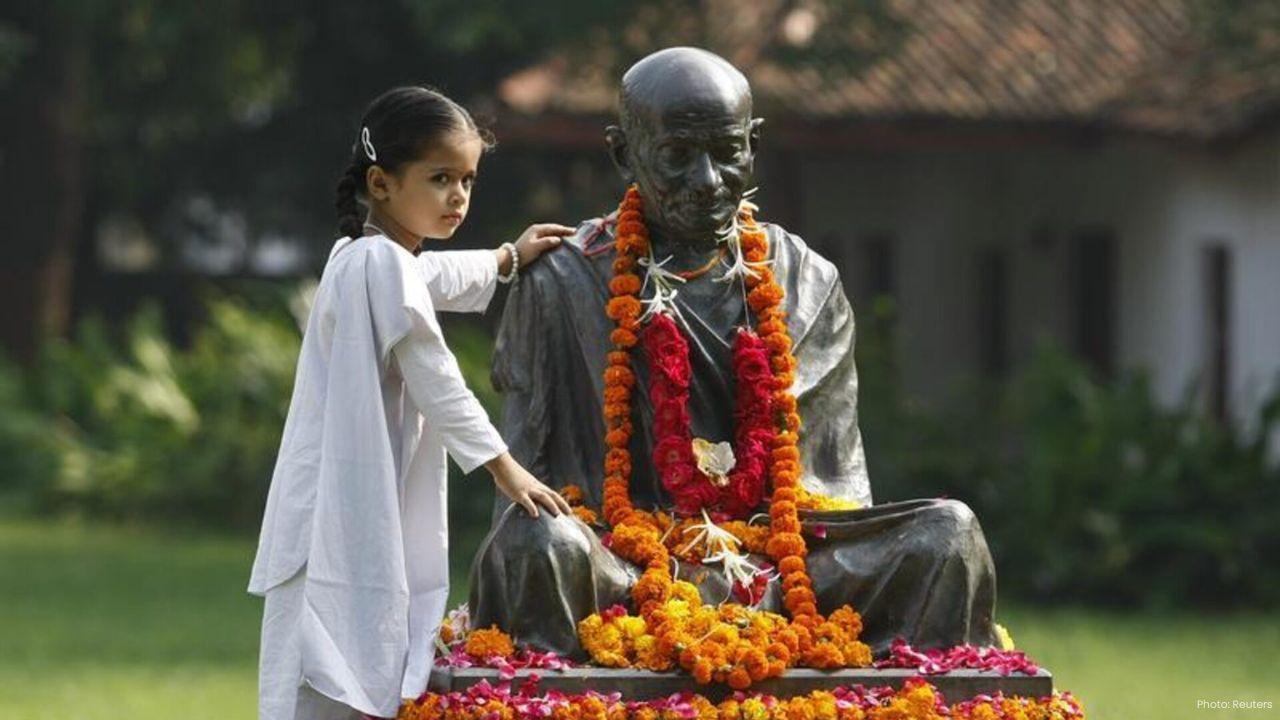
Post by : Mamta
Mahatma Gandhi, the Father of the Nation of India, is celebrated globally for his revolutionary ideas on peace and non-violence. Unlike other leaders who relied on military power, Gandhi changed the course of history using the philosophy of Ahimsa, or non-violence. His teachings not only fueled India’s freedom struggle but also inspired global movements for civil rights, social justice, and peace.
We explore what Ahimsa truly means, how Gandhi practiced it, and why it continues to be relevant in today’s world.
Ahimsa is derived from Sanskrit and literally means non-violence. It is a fundamental concept in Indian philosophy, particularly in Jainism, Buddhism, and Hinduism. Ahimsa is not merely the absence of physical violence; it extends to non-violent speech, thoughts, and actions.
Gandhi emphasized that non-violence is the greatest force available to humanity. True strength, he argued, comes from self-discipline, compassion, and moral courage, not from weapons or aggression.
Ahimsa, meaning non-violent philosophy, Indian philosophy, and Gandhi's teachings.
Gandhi applied Ahimsa as a practical tool for social and political change. His philosophy became the cornerstone of India’s independence movement. Key examples include:
The Salt March (Dandi March) of 1930: Gandhi led thousands of Indians in a non-violent protest against British salt laws. This peaceful act of civil disobedience attracted worldwide attention.
Boycotts and Satyagraha: Gandhi encouraged Indians to refuse to buy British goods and resist colonial oppression through non-violent civil disobedience, a method he called Satyagraha.
These movements proved that Ahimsa can be a powerful tool to fight injustice without bloodshed.
Gandhi Salt March, Indian independence movement, non-violent protest, Satyagraha.
Gandhi’s commitment to non-violence had a profound influence worldwide. Leaders and activists adopted his philosophy to fight for justice:
Martin Luther King Jr.: The American civil rights leader used Gandhi’s principles of non-violence to fight racial segregation and discrimination in the 1960s.
Nelson Mandela: Gandhi’s teachings inspired Mandela’s approach to resisting apartheid in South Africa, emphasizing peaceful resistance and reconciliation.
Global Peace Movements: From anti-war protests to campaigns against injustice, Gandhi’s philosophy of Ahimsa continues to inspire activists globally.
Gandhi's global influence, Martin Luther King Jr.'s non-violence, Nelson Mandela's inspiration, peaceful resistance.
In today’s world, Gandhi’s philosophy of Ahimsa remains more relevant than ever. Conflicts, wars, and social injustice continue to plague societies. By following Gandhi’s principles of empathy, non-violence, and moral courage, individuals and communities can:
Resolve disputes peacefully
Promote social justice and equality
Encourage ethical leadership and civic responsibility
Build a culture of tolerance and understanding
Ahimsa relevance today, Gandhi philosophy modern world, non-violence for peace, social justice Gandhi.
Gandhi’s philosophy of Ahimsa is rooted in several core principles:
Non-Violence in Action and Thought: True non-violence is both physical and mental.
Truth (Satya): Speaking and acting truthfully strengthens Ahimsa.
Compassion: Understanding and empathy for all beings is central.
Courage Without Hatred: Standing for justice without harming others is the highest form of bravery.
Gandhi Ahimsa principles, non-violence teachings, truth and Ahimsa, compassion, Gandhi philosophy.
Mahatma Gandhi demonstrated that peace can triumph over violence. The philosophy of Ahimsa, with its emphasis on truth, compassion, and non-violence, continues to guide humanity toward a better world.
By adopting Ahimsa in daily life, we can foster harmony, inspire change, and honor Gandhi’s legacy of transforming history through peace.
Gandhi legacy, Ahimsa philosophy, non-violence impact, peace through non-violence, and historical influence of Gandhi.
Ahimsa, Gandhi Ahimsa philosophy, Mahatma Gandhi teachings, Non-violence philosophy

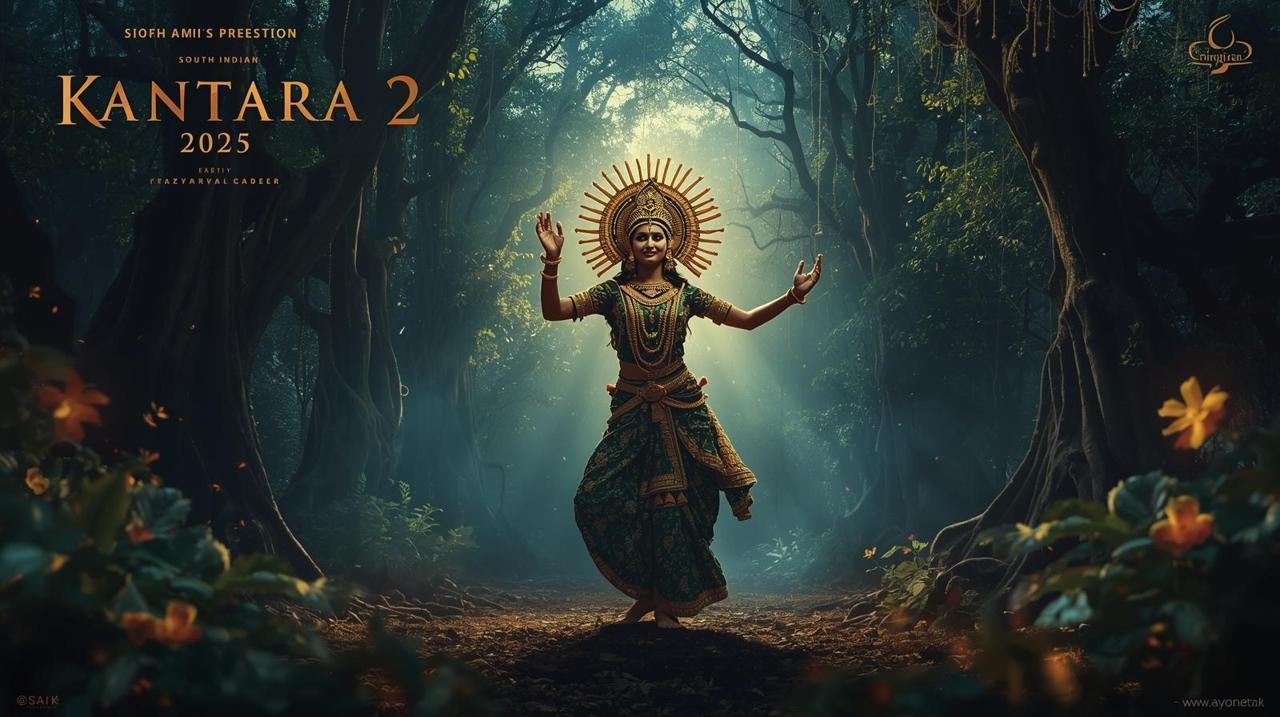






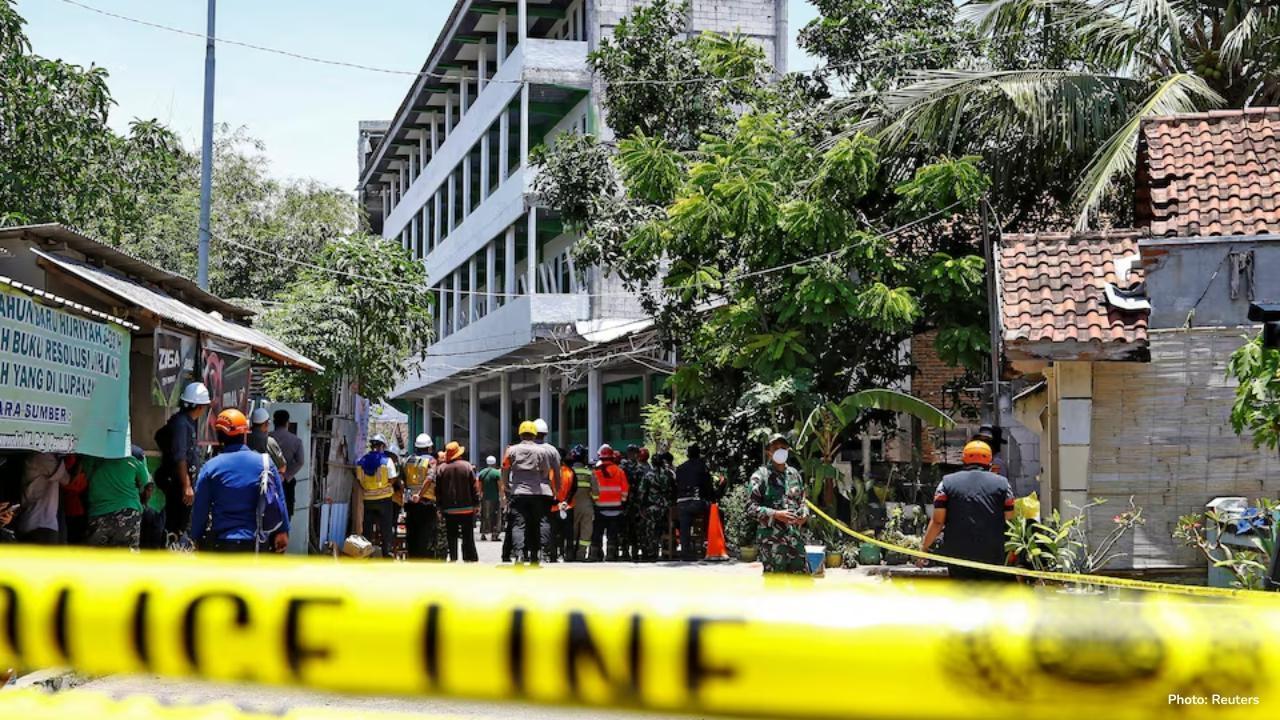

AI Startup Valuations Spark Concerns of Market Bubble Amid Funding Surge
AI startups are attracting record investments, but experts warn that inflated valuations may signal

Ambulances Line Up as Indonesia Searches for Students After School Collapse
A school in East Java collapsed during afternoon prayers. Dozens of students are trapped, and rescue
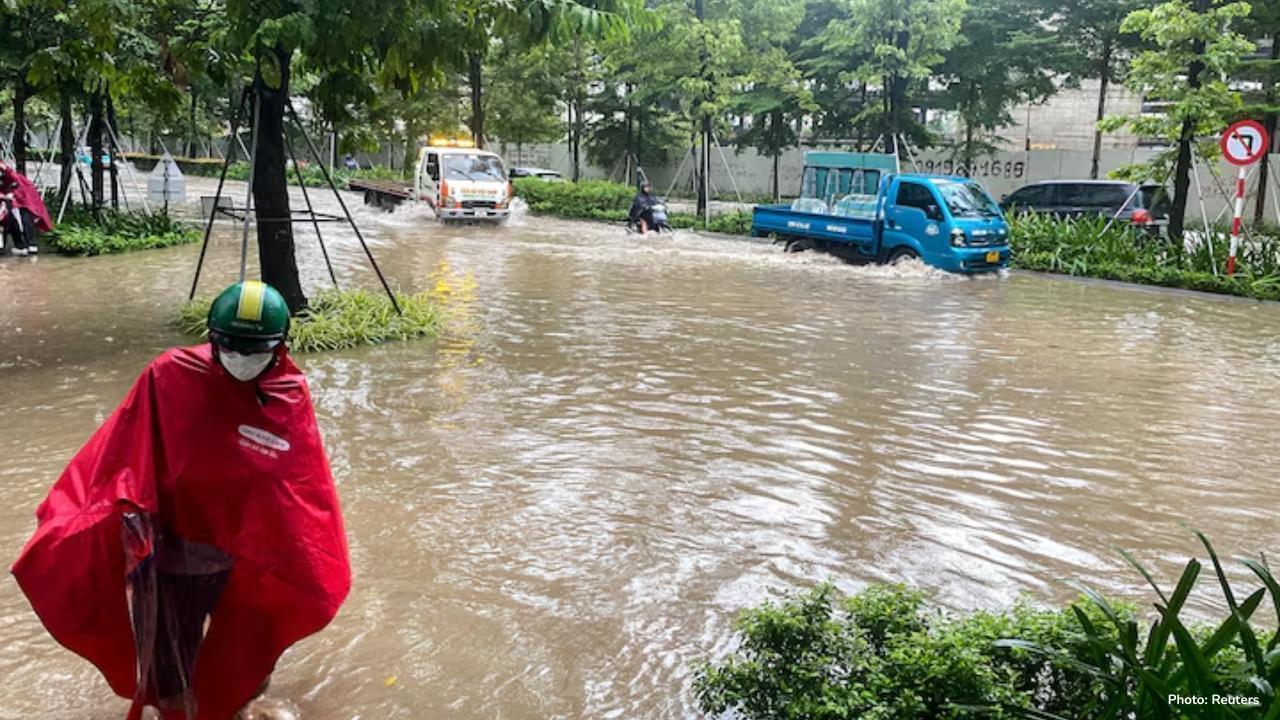
Typhoon Bualoi Kills 51 in Vietnam; Banks Asked to Aid Affected Firms
Typhoon Bualoi caused heavy damage and killed 51 people in Vietnam. The central bank has urged banks
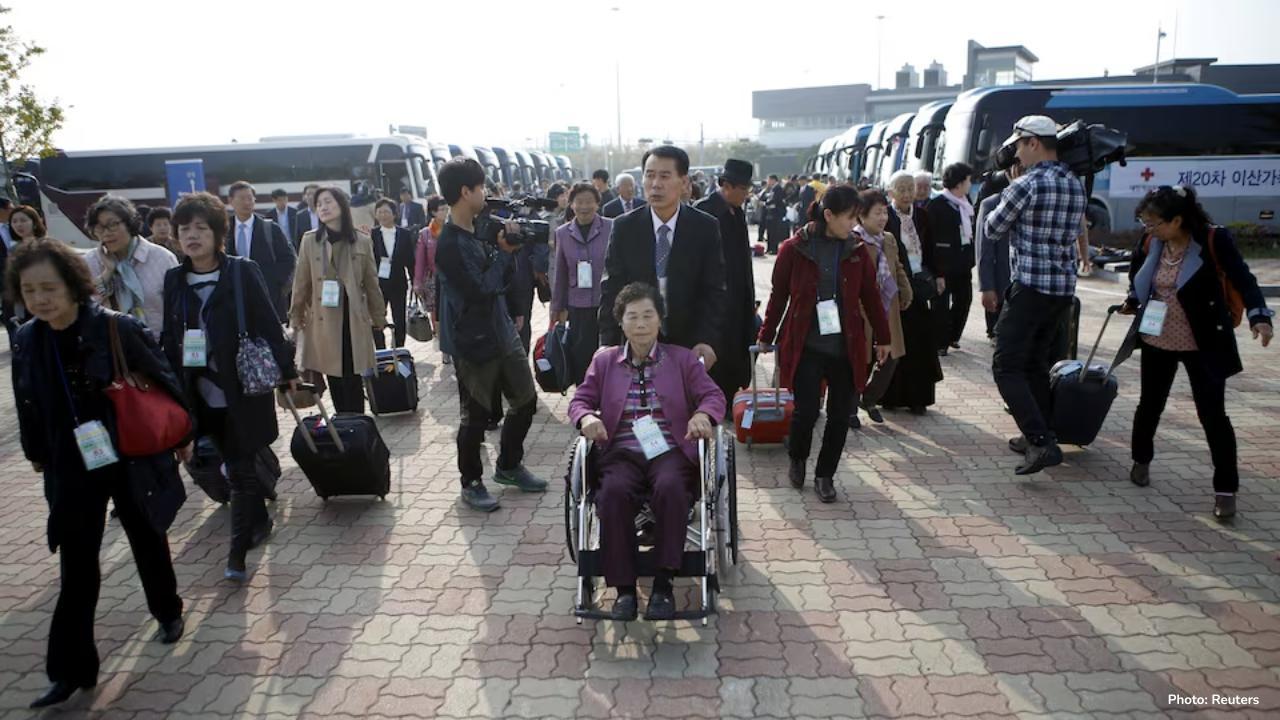
South Korea's President Urges North Korea to Resume Family Reunions
South Korean President Lee Jae Myung calls on North Korea to restart family reunions for those separ

Finnish Court Rules It Can't Prosecute Crew Over Baltic Sea Cable Damage
A Finnish court has decided it doesn't have the authority to prosecute the crew of the Eagle S oil t

Czech Republic Votes: Billionaire Babiš Promises Higher Wages, Less Support for Ukraine
In the Czech Republic's upcoming elections, billionaire Andrej Babiš's party leads with promises of